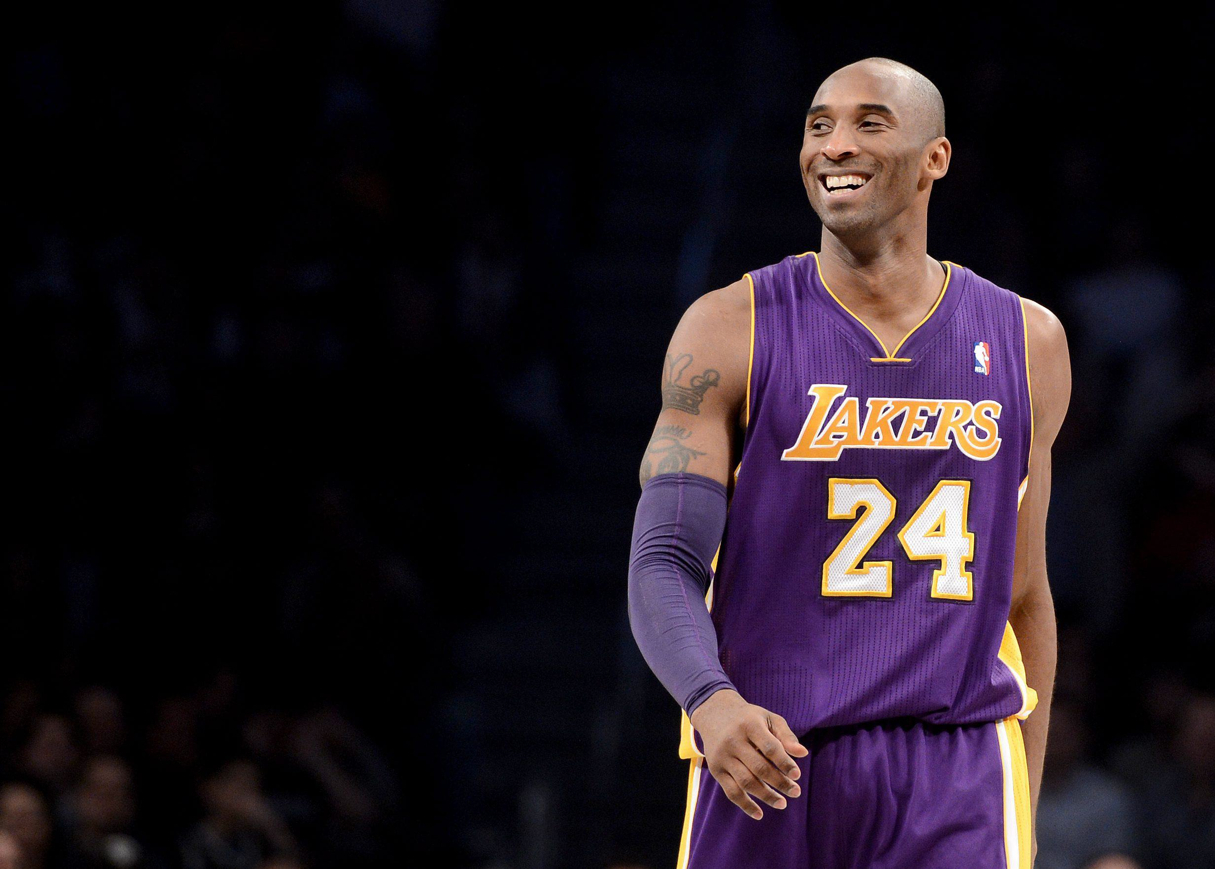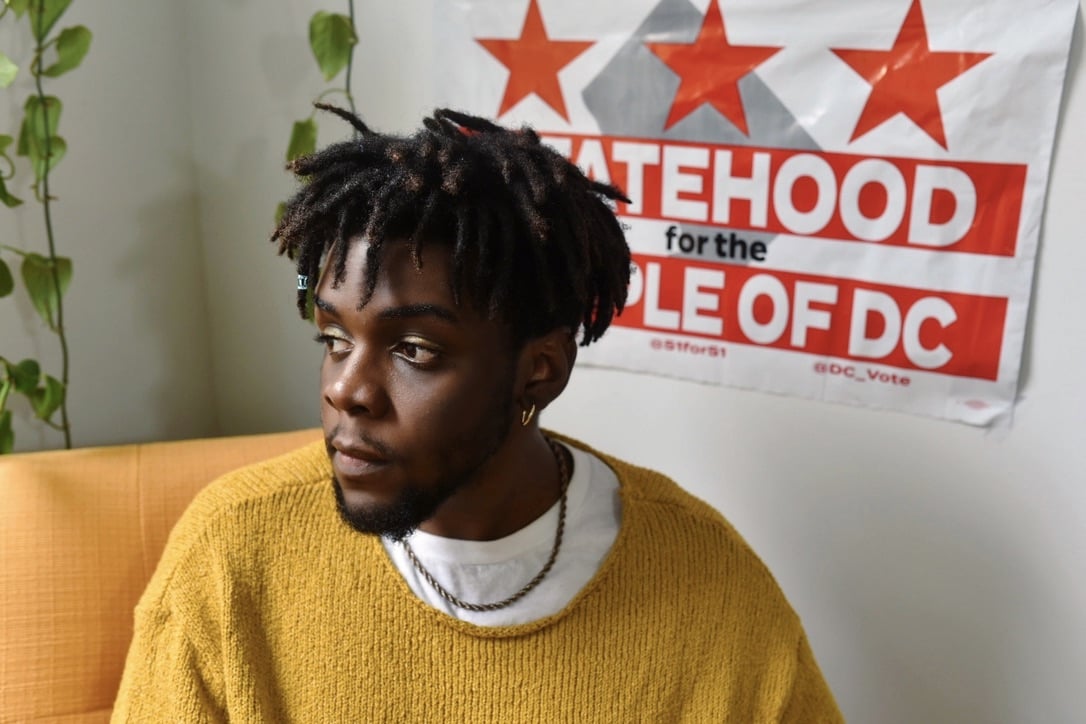On Sunday evening, watching the wall-to-wall coverage of Kobe Bryant’s shocking death, I started to wonder if I had misremembered the sexual-assault allegation against him. Was it not as serious, or as credible, as I’d thought? Obviously, his family and basketball career were worth focusing on. So, too, his advocacy for kids and women’s sports and his Academy Award-winning short film. But as the cable-news talkers labored to fill the unexpected airtime, surely—particularly in today’s climate—they could find a moment to grapple with the alleged rape. After all, it might not be polite to speak ill of the dead, but it’s not the media’s job to be polite.
I Googled the old case to see if I was mistaken about its gravity, and I came across a 2016 Daily Beast story recounting it in detail. The piece confirmed my memory: In 2003, a 19-year-old hotel employee said Bryant choked and raped her in his room. A medical exam found her injuries were consistent with sexual assault. Bryant’s lawyers attacked her reputation, and ultimately she decided not to testify. The criminal charges against Bryant were subsequently dropped. After the civil suit against him settled, he issued an apology, stating that, while he’d thought the encounter was consensual, he now understood how she felt it was not.
And that was pretty much the end of it, as far as Bryant’s story was concerned. His career continued. He won championships. He even seemed to embrace his new, more dangerous image—nicknaming himself after an actual predator, the Black Mamba. He retired with his NBA legend status intact. If you’re just reading the résumé of Bryant’s career, perhaps it makes sense that the incident got short shrift: It never much altered his professional trajectory.
Later, after I saw Washington Post reporter Felicia Sonmez’s tweets about the same Daily Beast piece (and then saw the news that she’d been hounded by online critics and disciplined by her own bosses for them) I started to think more clearly of Bryant’s case as a kind of history lesson—and a test for journalists working in the present.
Today, the details of the 2003 scandal seem like they come from the dark ages, a time when, even by our imperfect standards, things were startlingly simple to sweep under the rug. Bryant’s accuser wasn’t just credible—if she made such accusations today, Gloria Allred would be breaking down her door. The Outrage would print T-shirts in her honor. A new hashtag would emerge. The league might be looking for ways to suspend Bryant, or to otherwise make a show of its anti-rape bona fides.
But, of course, she came forward about 15 years too soon. On one level, it’s easy to feel a degree of satisfaction in knowing that a credible accusation of assault would elicit a different response in today’s culture. Look how enlightened we are!
And yet the treatment of Bryant’s story suggests that maybe we haven’t quite worked out what the rules are when it comes to thinking about pre-#MeToo terribleness. On Monday morning, I read (and read, and read) the Post’s obituary of Bryant. Paragraph 14 is when it finally touched, very briefly, on the alleged assault. Bryant’s Academy Award, meanwhile, made the first sentence. I’m not arguing that it would be appropriate to focus an entire obituary on the allegation—Bryant was complicated, his accomplishments were tremendous, and his legacy shouldn’t be defined by a single thing. But I think it’s safe to say that when most people think of him, the alleged sexual assault comes to mind before the Oscar.
The New York Times did better. It got to the allegation in the fifth paragraph and gave more context further down. But I’d wager that when Al Franken or Mark Halperin or Kevin Spacey dies, his #MeToo moments will get referenced in the first paragraph, if not the first sentence. In part, that’s because their scandals really did alter their public trajectories—ending careers. But obits are supposed to be more than CV recitations. As Adam Bernstein, head of the Post’s obit department, told Washingtonian only a few weeks before Bryant’s death: “The worst obituaries are always about celebrating the life. I can’t stand celebrations of life. These are news articles. They’re critical evaluations of people’s lives done in a humane way.”
He’s absolutely correct. And that standard should apply even when the person is widely regarded as a hero, and even when he’s died in an unthinkably tragic way. But not only did the Post’s obituary of Bryant fail to “critically evaluate” him, the Post’s leadership vilified one of its own reporters for daring to point out the glaring mark on his record. When Sonmez’s chain of tweets about the Daily Beast story popped up in my feed Sunday night, I gave it a like without a second thought. “Any public figure is worth remembering in their totality,” she’d written. How true, and amid the almost uniform praise of Bryant, how refreshing. I never would’ve fathomed that the Post would suspend her the very next day over it. (Sonmez was reinstated Tuesday, after an internal review concluded she hadn’t clearly violated the social-media policy.)
The Post’s handling of the 2003 case wasn’t unique. The mistreatment of Sonmez aside, the newspaper did better than a lot of outlets, some of which published pieces that hinted at a “complicated legacy” or said Bryant had been accused of “attacking” a woman, but made no direct mention of alleged rape. Much of the TV coverage has dodged the topic entirely.
Since Sunday, Sonmez’s home address has been circulated online and she reportedly got so many threats that she had to move into a hotel. Which makes me think of Bryant’s accuser. She was never publicly identified. But I think it’s worth considering if, watching the nonstop tributes that leave her out, she feels trapped back in a hotel room, too.
Indeed, Bryant’s death has revealed a critical limitation of #MeToo: If a powerful, and otherwise beloved man was credibly accused pre-Harvey Weinstein—and thus, never faced a serious reckoning in life—we can’t yet expect that he’ll confront one in death, either. We’ve evolved, to be sure. Just not that far.














